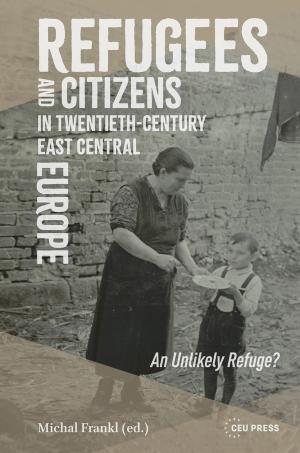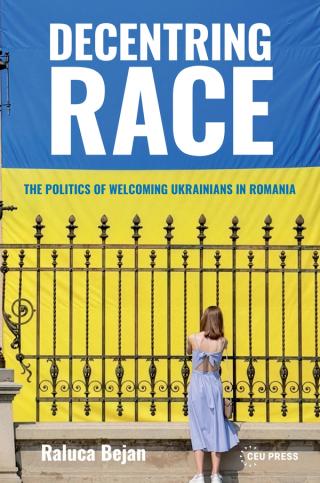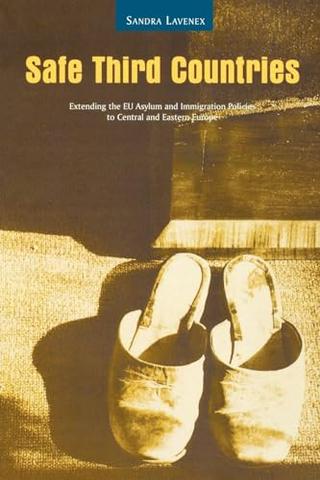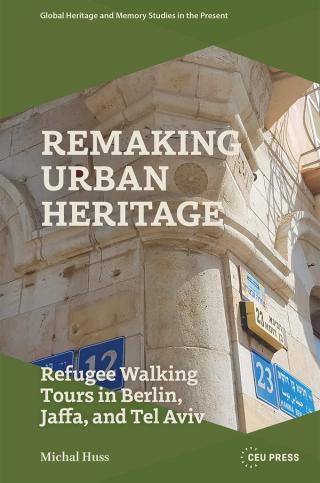Visited by violence and wars, border changes and political instability, authoritarian and totalitarian regimes as well as ethnic conflict, cleansing, and genocide, East-Central Europe in the twentieth century seemed an unlikely place of protection for refugees. This volume challenges this widespread view and explores a variety of forms of refugee protection, humanitarianism, and refugee agency in settings beyond the perceived stability of “Western” liberal democracies. Analyzing Poland, Czechoslovakia, Austria, Hungary, and Yugoslavia over the twentieth century, the contributors provide a multi-faceted picture of refugee reception and aid, or its absence, across very different political regimes.






